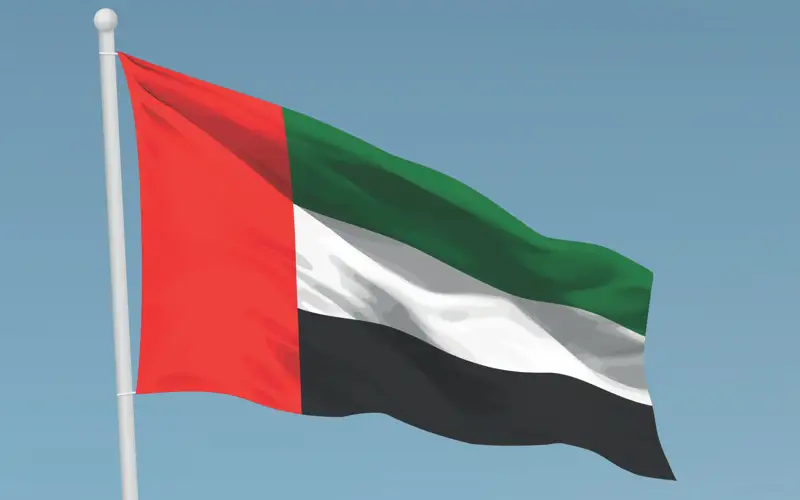World Bank expects 4.9% growth for UAE economy in 2026, 2027
The World Bank has projected that the UAE's economic growth will continue on an upward trajectory, reaching 4.6 percent in 2025 and stabilising at 4.9 percent during 2026 and 2027, WAM reports.

The World Bank confirmed that the UAE’s non-oil sectors continue to play a key role as a main driver of growth, with an expected growth rate of 4.9 percent in 2025.
According to the latest edition of the Gulf Economic Update (GEU) issued by the World Bank, which is based on information available as of 1st June, economic growth in the GCC countries is expected to rise in the medium term, reaching 3.2 percent in 2025 and 4.5 percent in 2026.
According to the World Bank, strong expansion in non-oil sectors is contributing to the growth achieved by Gulf economies.
According to the latest edition of the GEU, the region witnessed notable economic growth of 1.7 percent in 2024, compared to 0.3 percent in 2023.
The report noted that the non-oil sector continued to demonstrate its resilience, with a 3.7 percent increase. This growth was significantly driven by private consumption, investment, and structural reforms implemented in GCC countries.
In Bahrain, growth is expected to stabilise at 3.5 percent in 2025, while economic growth in Kuwait is expected to recover significantly and reach 2.2 percent in 2025.
Growth in the Sultanate of Oman is expected to gradually accelerate to 3 percent in 2025, compared to 1.7 percent in 2024, 3.7 percent in 2026, and 4 percent in 2027.
The report expects economic growth in Qatar to remain stable at 2.4 percent in 2025, compared to 2.6 percent in 2024, before accelerating to an average of 6.5 percent in 2026–2027.
In the Kingdom of Saudi Arabia, the World Bank report expects economic growth to continue recovering to 2.8 percent in 2025 and reach an average of 4.6 percent in 2026–2027.
The World Bank report also highlighted the challenges associated with uncertainty surrounding global trade, noting that the risk of a global economic slowdown continues to negatively impact the region.
It recommended accelerating reforms aimed at diversifying economic activity and enhancing regional trade to mitigate these risks in GCC countries.
Safaa El Tayeb El-Kogali, Division Director for the GCC countries at the World Bank, said “The resilience of GCC countries in navigating global uncertainties while advancing economic diversification underscores their strong commitment to long-term prosperity.”
She added, ""Strategic fiscal policies, targeted investments, and a strong focus on innovation, entrepreneurship, and job creation for youth are essential to sustaining growth and stability."
The report titled "Smart Spending, Stronger Outcomes: Fiscal Policy for a Thriving GCC”, discusses the effectiveness of fiscal policy in ensuring macroeconomic stabilization and encouraging growth.
The topic is particularly relevant as oil price fluctuations strain budget balances in several countries across the region.
The report finds that government spending in the GCC region has effectively stabilized economies, especially during recessionary episodes.
The findings show that a 1-unit increase in fiscal spending can boost non-hydrocarbon output by 0.1-0.45 units in the region.
As reported previously, Kazakhstan’s GDP grew 6% year-over-year in January-May 2025.
